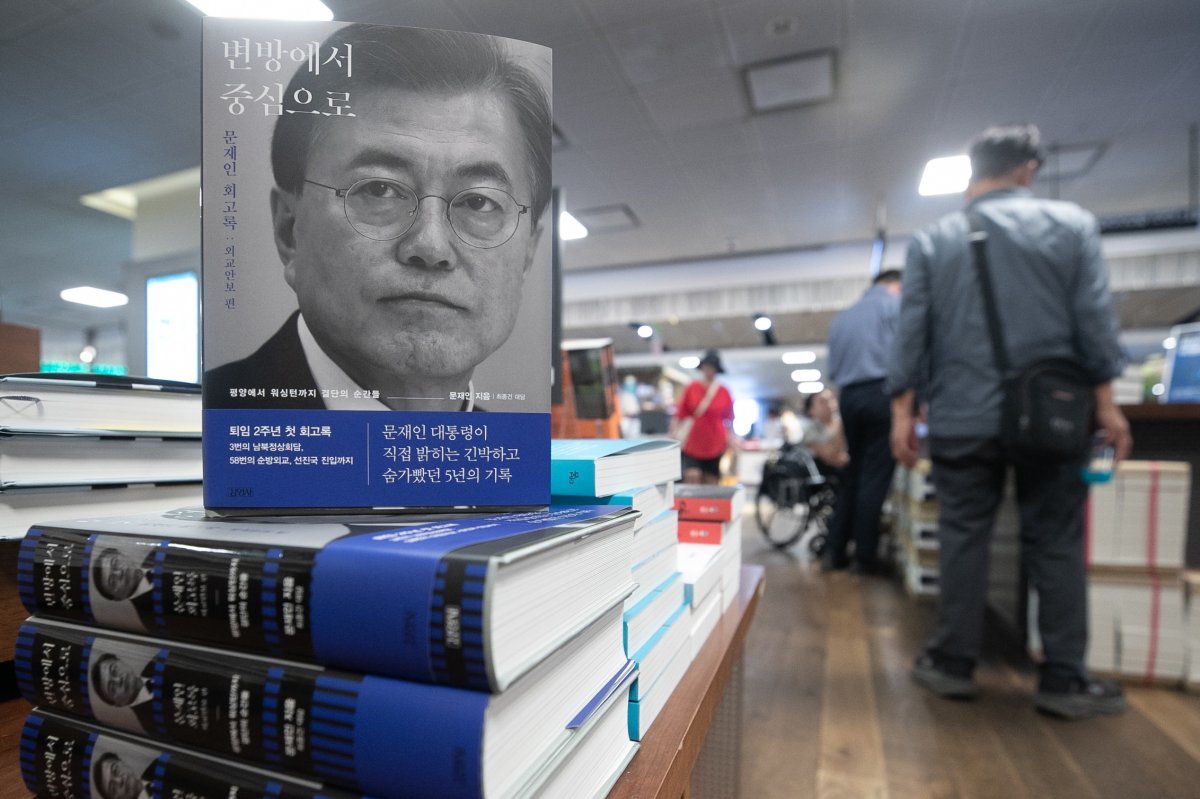#Japan #Xenophobic #Biden #Claims
Jakarta –
The Japanese government has expressed “disappointment” with US President Joe Biden’s recent remarks, which described Japan as “xenophobic” when it comes to immigration policy.
At a campaign fundraiser on the evening of May 1, Biden considered Japan, along with India, China, and Russia, to be “xenophobic” countries when he tried to compare the economic conditions of those countries to those in the US, which is a country of immigrants.
Through diplomatic channels, Tokyo told the White House that the president’s remarks were not based on an “accurate understanding” of Japanese policy, Kyodo News reported citing a government official. Many Japanese and foreigners also expressed disapproval of Biden’s choice of words.
They said Japan granted entry permits to more refugees than last year, tourists consistently received a warm welcome and many foreign nationals were integrating into Japanese society.
For citizens of other countries, the comments prompted reflection on Japan’s policies towards asylum seekers, the low number of refugees and potential discrimination against foreign nationals.
What did Joe Biden say?
The diplomatic storm was sparked when Biden spoke at an event at a Washington hotel attended by Asian American voters. “One of the reasons why our economy is growing is because of you and so many others,” Biden said. “Why? Because we welcome immigrants.”
He added, “Listen, think about it. Why is China’s economy so down? Why is Japan having such a hard time? Why Russia? Why India? Because they’re xenophobic. They don’t want immigrants.”
White House officials later sought to play down the issue, and White House spokeswoman Karine Jean-Pierre told reporters that the president had highlighted the US tradition of welcoming immigrants.
“Our allies and partners know very well how much this president respects them,” he added.
Choice of words aside, many in Japan are upset that Biden likened the country to China and Russia, two countries accused of human rights abuses and with which Japan has historically had tense diplomatic relations.
Xenophobia ‘too loud’
Malcolm Adams, an African American who has lived in Japan for 48 years, said he “respectfully disagrees with the president’s characterization of Japan as xenophobic.”
“It’s true that Japan has historically had a strict immigration policy, but it’s important to recognize the significant steps the country has taken in recent years in welcoming and accommodating foreign workers,” he told DW.
Adams, 74, said Japan is realizing it is facing a demographic crisis in the form of an aging society in which too few babies are being born and the country is opening up – gradually – to foreign workers to fill labor shortages. He added that he felt he had been “embraced by Japanese society.”
“The country is developing, and its efforts to overcome demographic challenges should be praised, not criticized.”
Ken Kato, a businessman from Tokyo, also disagrees with the US president’s remarks. “The accusations are completely untrue and unfair,” he said. “I think Japan is one of the friendliest countries in the world, and this is in stark contrast to what Biden is saying.”
Kato points out that modern Japan has historically welcomed foreign ideas, having opened itself to the outside world with the Meiji Restoration in 1868.
Discriminatory policies in Japan
“Generalizing that all of Japan is xenophobic or unfriendly toward foreign nationals is completely unfounded,” said Teppei Kasai, Human Rights Watch’s Japan program officer.
However, he acknowledged that “certain aspects” of society in Japan may be seen as less accepting of foreigners.
There are reports that non-Japanese people will find it difficult to rent properties as Japanese homeowners are reluctant to accept foreign tenants. There is also an ongoing legal case against the police over allegations that non-Japanese people are stopped and questioned more often than Japanese people.
The government and police vehemently deny that they actively select foreigners for interrogation after a former inspector based in western Japan caused an uproar by stating in an April interview with the Mainichi newspaper that he was told to “target foreigners for interrogation .” and check their foreign resident registration cards.”
One month a year was designated to “crack down on foreigners,” the unnamed former officer said, and police were instructed to “put extra effort into checking cards, but also searching foreigners for illegal drugs, knives or anything illegal.”
“It’s important to differentiate between the Japanese government’s problematic policies and what the general public thinks,” Kasai said, referring to a 2020 government survey that showed that 20% of respondents said they were open to accepting more refugees in a “proactive” way. Another 57% said they were willing to accept more refugees with “caution”.
Changing attitudes towards immigration in Japan?
However, entry into Japan proved challenging. The country granted a “record high 303 asylum seekers” refugee status out of 13,823 applicants in 2023, The Japan Times reported, citing figures from a recent Justice Ministry report. This number jumped from 202 people who were granted refugee status in 2022.
Japan has also implemented policies criticized by human rights groups, such as “indefinite” or prolonged detention of migrants seeking asylum and deportation.
The country remains opposed to large numbers of foreign nationals residing permanently. A poll conducted by The Asahi Shimbun newspaper in April showed that 62% of the public supported the government’s policy of providing more visas for skilled workers, up significantly from just 44% in a previous poll conducted in 2018. However, some communities still reject large-scale immigration policies.
Kato’s own attitude seems to reflect Japan’s general attitude towards “unlimited immigration”.
“We see on television that the policy is not working well in other countries, and I’m not sure that Japan needs foreign workers in large numbers because in a decade or two, AI, robotics and other technologies will develop to such an extent that they will solve the employment problem,” said the Tokyo businessman.
“I don’t see this as xenophobia; it’s just common-sense policy.” (rs/cell)
(ita/ita)












